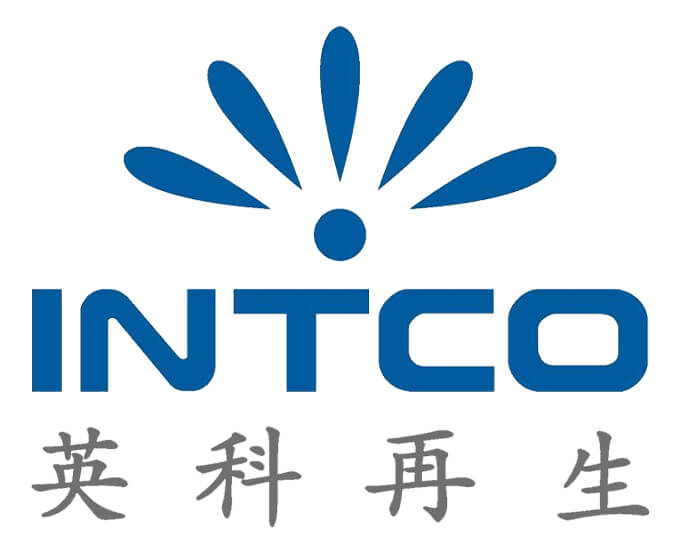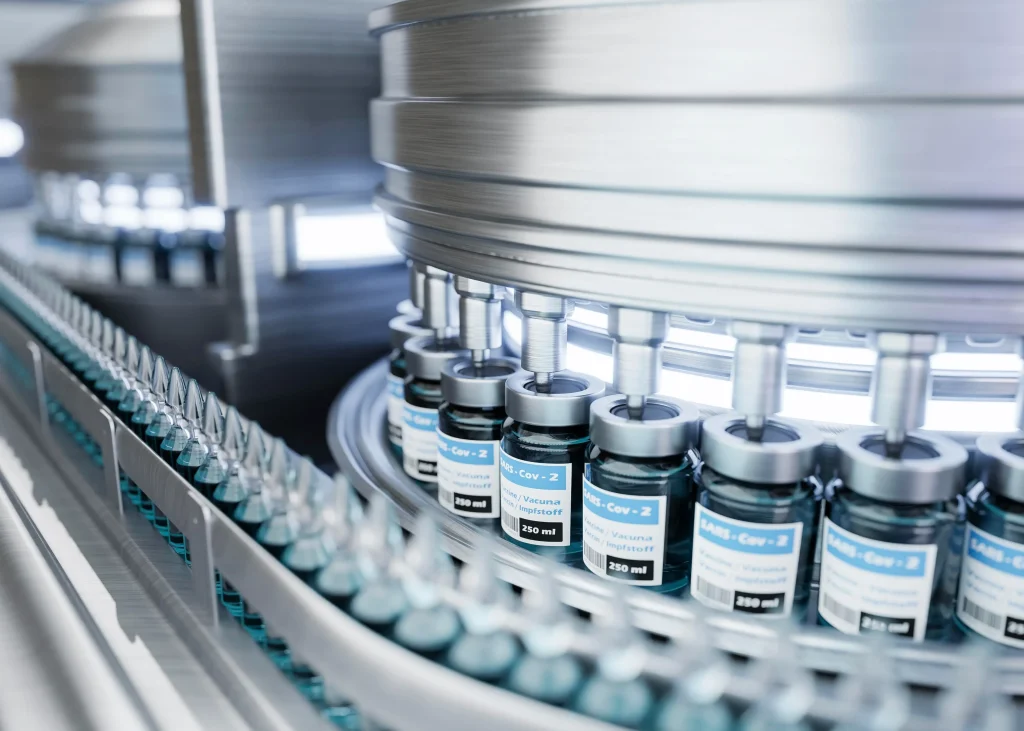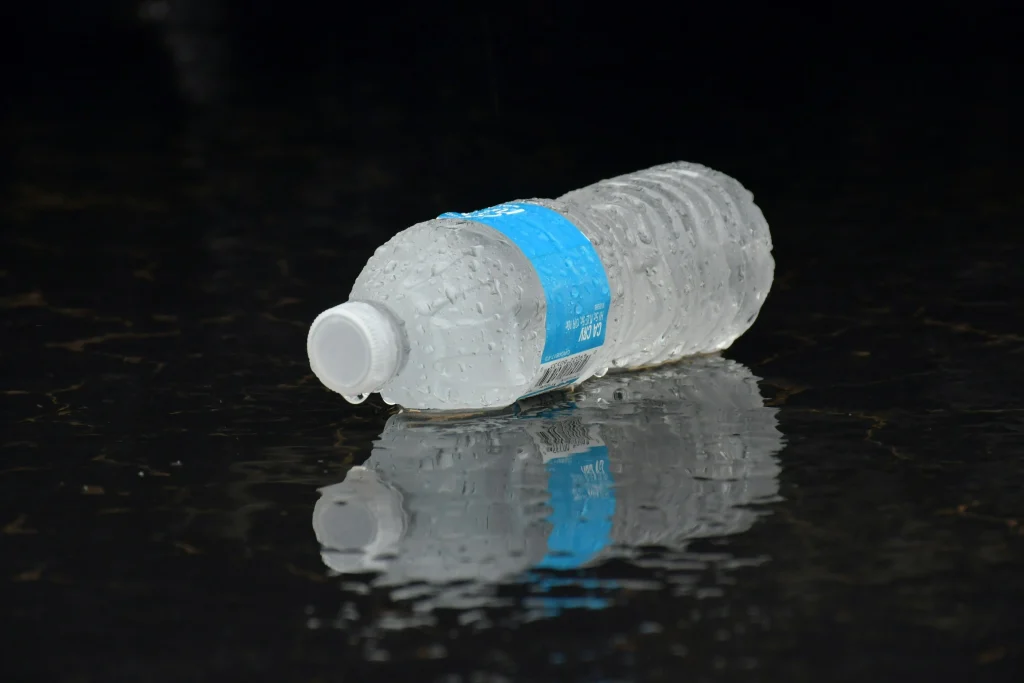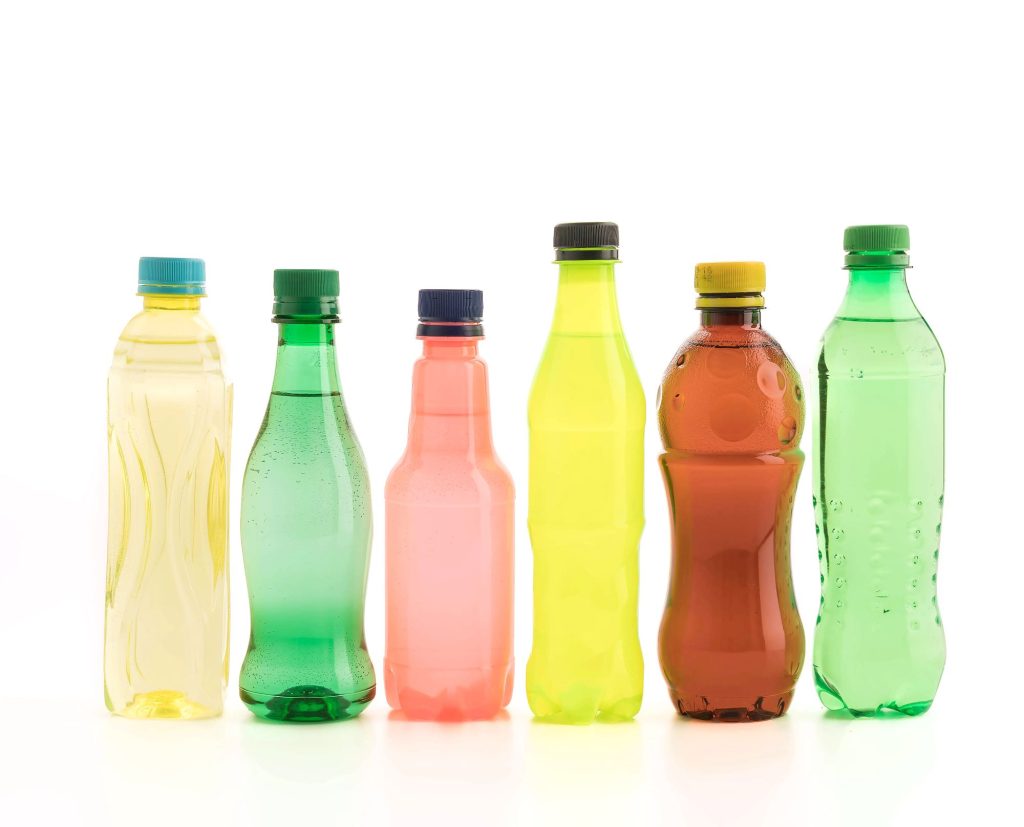How Thermoforming Plastic Items Transform the Recycling Industry
Plastic items are made using a thermoforming process. In this process, plastic sheets are heated until they become flexible. The heated sheets are then molded into desired shapes using molds. Packing containers and trays are examples of products made this way. These products can be produced in various sizes and colors. They remain lightweight and versatile. Thermoformed plastic products are widely used in many industries. These industries include food service, medical fields, and consumer goods.

Characteristics and Uses of Thermoformed Plastics
Thermoformed plastics have qualities that make them well-suited for a wide range of purposes. They are sturdy and can withstand moisture well while also being customizable with features like vents and compartments with user-friendly edges. Furthermore, thermoformed products can be crafted from types of plastic, like polyvinyl chloride (PVC), polystyrene (PS), and polyethylene terephthalate (PET), each offering distinct characteristics tailored to their specific applications. This wide variety of uses doesn’t just improve product design. It also meets the needs of different industries to help them reach their functional and aesthetic objectives effectively.
How Do Thermoforming Plastic Items Influence Recycling?
The use of plastic products plays a crucial role in shaping recycling practices by improving recovery rates and enabling sustainable actions, for manufacturers and consumers alike to meet environmental standards and customer demands for responsible sourcing amidst evolving recycling systems.
Enhancing Efficiency in the Recycling Process
Thermoformed plastic items help improve recycling efficiency. Their well-designed structure and consistent composition make them easy to sort and process quickly at recycling plants. When these plastics are recycled properly, they can be repurposed into new products. This reduces the need for new materials and supports a more sustainable recycling process. As a result, it lessens our environmental impact.
Increasing Recyclability of Consumer Goods
Moreover due to the increased importance that consumers place in products companies are now giving a lot of attention to ensuring that thermoformed plastics are recyclable. By using materials that can be recycled and are sourced from materials businesses can create a closed-loop recycling system. This promotes consumer participation, in recycling efforts. Helps increase overall recycling rates. In essence, thermoformed plastic items contribute to waste reduction. Encourage responsible consumer practices.
Why Are Thermoforming Solutions Important for a Sustainable Future?
Using thermoforming solutions is essential for creating a future as it allows companies to incorporate recycled materials into their manufacturing processes and expand their product range while also contributing to environmental conservation efforts. Many brands are pushing for eco practices as part of their commitment to sustainability, and this movement is driving significant changes across various sectors.
Environmental Impact of Thermoformed Plastics
The environmental effects of making and using plastics should not be overlooked as they have a notable impact that needs consideration. Even though producing these goods might require energy procedures, their lightweight properties contribute to lower emissions during transportation when compared to heavier alternatives. Moreover, by promoting recycling and the utilization of recycled materials, the environmental strain from extracting and manufacturing materials can be notably lessened. With management, innovative approaches can help alleviate the environmental footprint of thermoformed plastics.
Supporting Circular Economy Initiatives
Embracing circular economy efforts is crucial for building a tomorrow. When thermoformed plastics are integrated into a system, they contribute to resource conservation and lessen environmental harm. Intco Plastic stands as a supporter of these initiatives, providing products and services aimed at incorporating recycled materials into production methods. Their dedication is clear in the approaches they take to reduce waste and optimize the use of recycled materials in enhancing the features of thermoformed plastic products. If you’re looking for answers in this field of expertise, a visit to Intco Plastics might offer information and support.
In summary, utilizing thermoforming techniques for plastic products has the potential to revolutionize the recycling industry through enhancing effectiveness, recyclability, and eco-friendliness. The distinct qualities of these products make them suitable for a range of uses in different fields, with creative solutions contributing to a circular economic model. By embracing thermoforming methods and incorporating recycled materials, business sectors can contribute to a future by reducing their ecological footprint and encouraging sustainable behaviors that appeal to both customers and corporations.
What Role Does Technology Play in Advancing Thermoforming Recycling?
In considering how technology contributes to the progress of recycling plastics, we must acknowledge the importance of creative approaches that enhance the efficiency and sustainability of these plastic products. State-of-the-art technologies facilitate smoother operations, lower energy usage, and enhance the overall quality of recycled materials. These innovations boost effectiveness by supporting sorting, cleanliness, and processing techniques resulting in…
Innovative Technologies in Thermoforming Processes
In the realm of thermoforming processes, today’s technologies are revolutionizing the production and recycling of goods significantly by incorporating advanced techniques and tools. In particular, new machinery with sensors can monitor temperature and pressure with precision, enabling manufacturers to create top-notch products while minimizing waste. Additionally, the use of manufacturing methods like 3D printing can work alongside traditional thermoforming processes to craft intricate shapes and components that enhance flexibility in product design. In addition to that point, utilizing eco-friendly and renewable materials is becoming a practice in thermoforming processes, which leads to a reduced environmental footprint and meets the growing consumer preference for sustainable products.
Leveraging Automation and AI
In today’s thermoforming recycling systems, automation and artificial intelligence (AI) play roles as essential tools. As a result of the integration of automated sorting systems, recycling facilities can accurately classify thermoformed materials from various plastics categories. This functionality significantly boosts the speed of processing, enabling streamlined workflows within the recycling center. Furthermore, sophisticated AI-based analytics can evaluate material quality and forecast maintenance requirements, reducing downtime and ensuring operational continuity. By harnessing these technologies, businesses can enhance their recycling capabilities to meet the increasing demand for sustainable solutions and products.
Where Can You Find Effective Solutions for Thermoformed Plastic Recycling?
It’s essential for businesses aiming to adopt practices to explore efficient methods for recycling thermoformed plastics. The assistance of a reliable partner is key in offering necessary services and materials to facilitate the recycling process and ensure consistent product delivery to the market.
INTCO Plastics: Pioneering in Sustainable Solutions
INTCO Plastics leads the way in initiatives by providing diverse options for recycling thermoformed plastics in an eco-friendly manner and integrating recycled materials into their manufacturing processes effectively. They offer a range of packaging solutions designed to minimize waste and boost recyclability in line, with consumer preferences and environmental conservation efforts. Furthermore, INTCOs emphasis on research and development contributes to enhancements in recycling technologies that help pave the way, for a more sustainable future.
Thermoforming Products: Meeting Market Demands Efficiently
For businesses aiming to meet market needs and sustainably produce rPET Thermoforming Products offers an attractive choice with a focus on quality and eco-friendliness while serving various sectors like food service and healthcare, as well as consumer products industries. By procuring these products from conscientious manufacturers, companies can contribute positively to the environment along with meeting their operational requirements. With the increasing emphasis on sustainability, investigating thermoforming goods helps companies keep up with market trends and customer desires, supporting their sustained growth in the long run.
Through monitoring progress and studying successful strategies implemented by industry experts, it becomes evident that thermoforming plastic goods play a crucial role in revolutionizing recycling practices. The integration of groundbreaking methods and environmentally conscious approaches sets a path towards a circular economy, which focuses on resource efficiency and waste reduction. Your active involvement in this field not only promotes ethical sourcing but also boosts your brand image by aligning with larger environmental objectives that appeal to customers.












